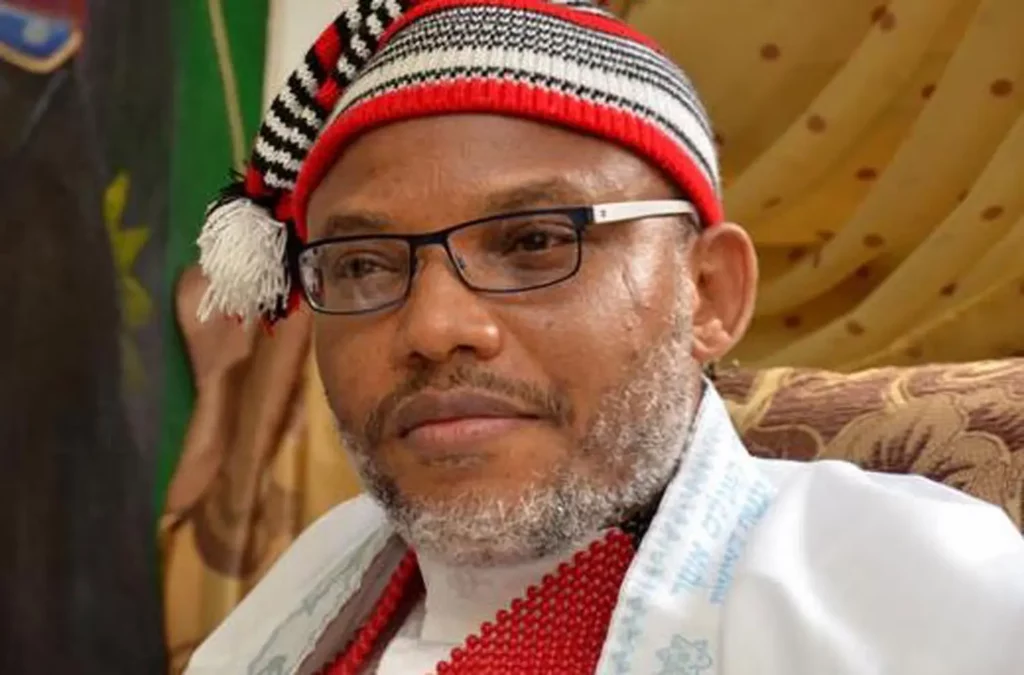Stephen Ukandu, Umuahia
A group of clergy men known as Concerned Igbo Ministers, has called for a convocation of a national dialogue where all ethnic nationalities in Nigeria would re-negotiate the basis for their continued co-existence as a united political entity.
The group also renewed its demand for the unconditional release of the leader of the Indigenous People of Biafra, IPoB, Mazi Nnamdi Kanu.
According to the clerics, the agitation for self rule as championed by Kanu, stemmed from the fundamental flaws arising from Nigeria’s forced amalgamation by Britain.
The clerics argued that if the lopsidedness in Nigeria deliberately created by Britain were genuinely addressed, tension and agitation for self determination by various groups in the country would not arise.
They, therefore, urged President Bola Ahmed Tinubu to heed the appeals by various individuals and groups for a political solution to Kanu’s case.
According to the concerned ministers, Kanu’s release will only help to foster national unity, and restore peace to the South-East region.
The group in a press statement on Monday, argued that instead of hoping for an elusive unity and peace, Nigeria should convene a national dialogue to genuinely address all fundamental issues threatening her peaceful co-existence.
The statement jointly signed by its President General/International Coordinator, Rev. Tony Uzo Anthony; and Secretary General, Apostle Tony Osuji, was made available to Ikengaonline.
It read : “We call for Nigerians to come together in a peaceful, inclusive dialogue to define the country they want—one grounded in mutual respect for our diversity and shared humanity.
“Only through such a process can we address the flaws of our foundation and build a nation or nations that truly reflect the aspirations of all its peoples. This is the irrefutable truth and pretending otherwise is only postponing the doomsday.”
The clerics blamed Britain for Nigeria’s woes which they said arose from her forced amalgamation.
They accused the colonial masters of creating Nigeria for their economic and administrative convenience against the people’s will.
“The agitation for self-determination, as championed by Mazi Nnamdi Kanu through IPOB, underscores a fundamental truth: Nigeria’s creation in 1914 was not a union born of mutual consent but a colonial construct imposed by Britain for administrative and economic convenience.
“Lord Frederick Lugard’s amalgamation of the Northern and Southern Protectorates disregarded the profound ethnic, religious, and socio-cultural differences between these regions, forging an artificial nation that has struggled for cohesion ever since.
“The North, rooted in feudalism and indirect rule; and the South, shaped by Western education and urbanization, were set on divergent paths that entrenched suspicion and inequality.”
The group also flayed the political elite for exploiting the imbalance in Nigeria’s union for their selfish gains instead of striving to get them corrected.
“Post-independence, rather than bridging these divides, Nigeria’s political elite exploited ethnicity, widening the fractures in our federation. The result has been persistent discord, undermining the promise of unity.”

